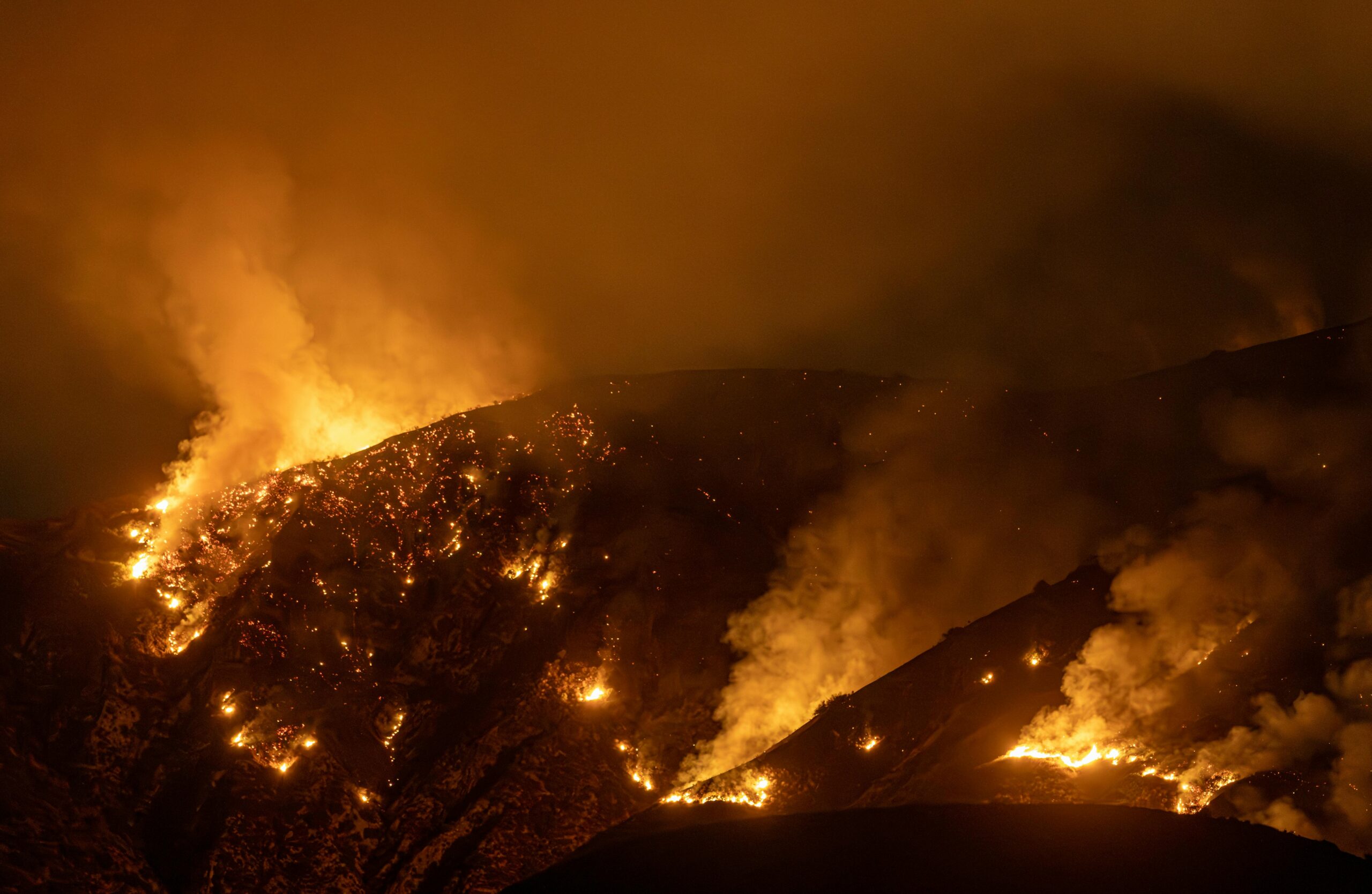Climate Finance Abroad and at Home: What We Can Learn From This Year’s COP27

For the past two weeks, world leaders have convened in Sharm el-Sheikh, Egypt for the 27th Conference of Parties or COP27, the annual climate summit of the United Nations. Over 200 governments have been invited to present their ambitions and concrete plans for how they plan to reduce emissions and meet impending impacts of climate change.
COP is a critically important international forum that has led to landmark initiatives such as the 2015 Paris Agreement. At this year’s COP, reducing greenhouse gas emissions remains a top priority, but the main focus of COP27 has primarily been climate finance-from how we fund urgently needed climate solutions at scale, to climate reparations, and beyond. And for good reason. This year, the catastrophic impacts of climate change have never been more visible or costly-a trend we can expect to continue.
Living in an Era of Climate Crisis
Devastating floods in Pakistan, the extensive damage wrought by Hurricane Fiona in Puerto Rico, and persistent droughts across East Africa, to name a few, have put into sharp focus the fact that the worst impacts of climate change are not falling on the countries responsible for the majority of emissions. In these cases, it’s actually the opposite: countries responsible for contributing the least amount of emissions into the atmosphere are bearing the brunt of climate catastrophes. These countries tend to have the least amount of resources to financially weather these impacts, both in terms of preparing for and recovering from climate-related disasters.
These countries are joined by advocates worldwide to call on wealthy countries that are historic mass emitters of greenhouse gas emissions-with the United States and Western Europe front and center-to provide the financing and capital necessary for more vulnerable countries to both prepare and recover. More recently, these climate financing calls have become more explicitly labeled as “climate reparations” – also known as “loss and damage.” And while $100 billion was committed for this purpose back in 2009, countries have not ponied up their share to meet this commitment . Meanwhile, island nations and the global south continue to experience catastrophic losses with little respite.
Holding the Biggest Polluters Accountable
At Greenlining, we support these calls to hold wealthy nations responsible for climate change, including the United States, accountable for their impact through concrete financial commitments. We know from our climate equity work that the current dynamic between wealthy and less wealthy countries at the global scale still rings true at the local level. The communities that consistently bear the brunt of climate change impacts-overwhelmingly low-income communities and communities of color-are those least responsible for creating the crisis, with the least amount of resources to weather the literal and figurative storms.
To address this toxic dynamic at home, we’re advocating for fair climate finance considerations in the financial sector. Our efforts so far have include advocacy to bank regulators, like the Federal Reserve, the Federal Deposit Insurance Corporation (FDIC), and the Office of the Comptroller of the Currency (OCC), encouraging these institutions to incentivize banks to invest in climate resilience measures in vulnerable communities through the Community Reinvestment Act. In comments submitted in partnership with Americans for Financial Reform and Public Citizen, and co-signed by 88 other organizations, we emphasize the need to invest in resilience projects like community solar and microgrids, operational support for environmental and climate justice organizations, and electrification and water efficiency measures for residential homes, including multifamily properties and manufactured home communities. We also encouraged regulators to use publicly available data tools to help direct investments to climate vulnerable communities, including the White House Council on Environmental Quality’s Climate and Economic Justice Screening Tool.
Advocating for a Sustainable Future
We are also closely following the implementation of the Inflation Reduction Act, which represents one of the biggest actions the United States has taken to-date to meet emissions reductions targets. One program of interest is the Environmental Protection Agency’s new Greenhouse Gas Reduction Fund, a $27 billion fund intended to finance wide-scale deployment of emissions-reducing technology with a strong emphasis on low-income and disadvantaged communities. This program is envisioned to leverage upwards of an additional $70 billion in private capital towards climate projects, representing a significant opportunity to extend financing opportunities in climate vulnerable communities across the country that would otherwise not have been available. We are working with environmental and racial justice advocates across the country to submit comments to the EPA on key recommendations, including having trusted, community-based institutions with a proven track record of investing in disadvantaged communities be the primary stewards of these dollars, and that transformative, multi-pronged, community-driven projects will be prioritized for funding.
Despite the historic level of investment we may soon see flow from both the Community Reinvestment Act and the Greenhouse Gas Reduction Fund to community-driven climate projects, we know it won’t be enough to meet the true need of low-income communities and communities of color that have experienced decades of disinvestment and neglect. But both efforts, at minimum, signal some concrete steps forward by policymakers to put their money where their mouth is.
The United States and the Biden Administration have indicated general support for a “loss and damage” scheme on the international level. But now is the time to heed the call from climate vulnerable countries and make concrete financial commitments that begin to make amends for the actions fueling the climate crisis today.



